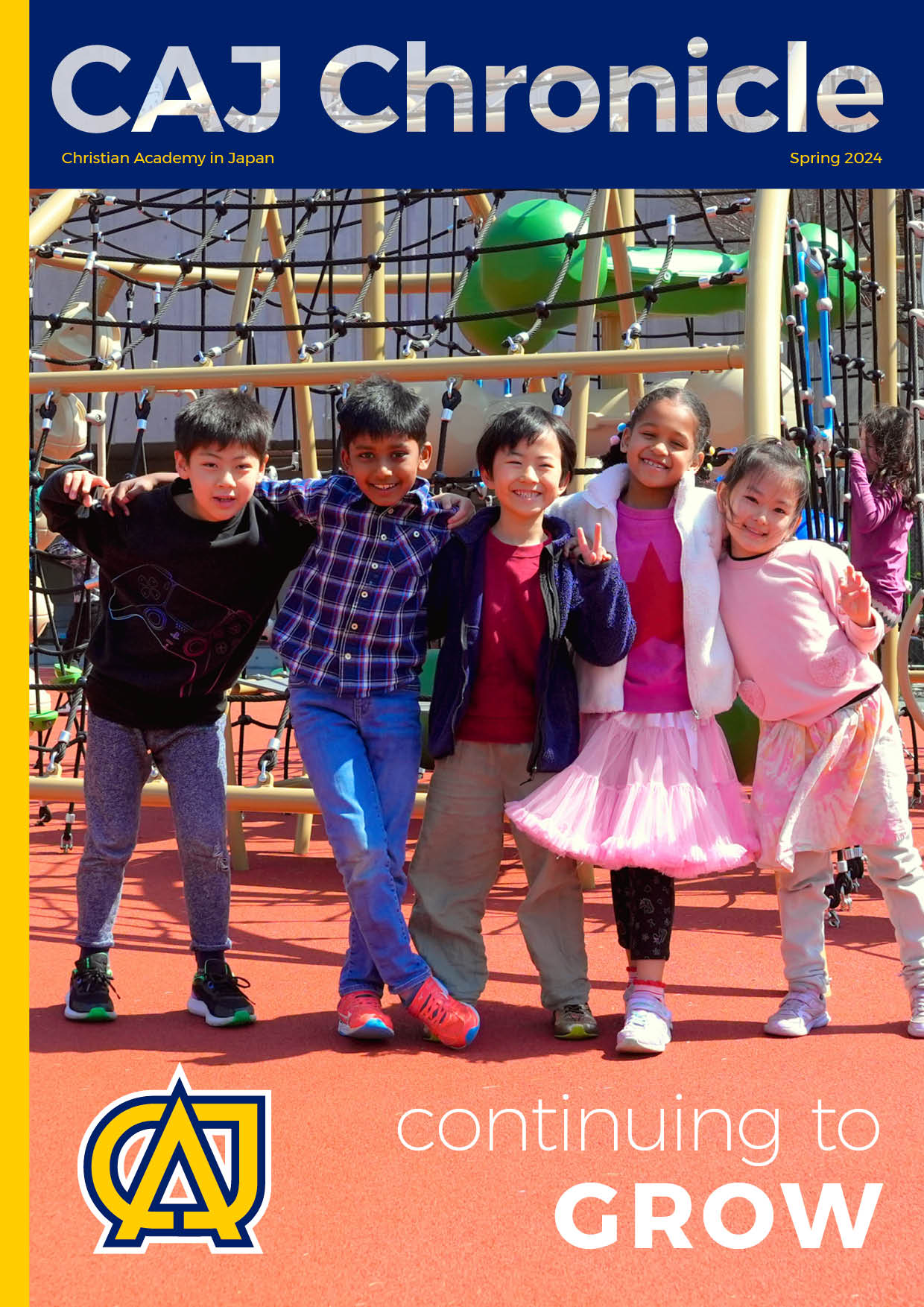Difference between revisions of "Dress Code, Student"
| (One intermediate revision by the same user not shown) | |||
| Line 2: | Line 2: | ||
[[Category:Elementary Handbook]] | [[Category:Elementary Handbook]] | ||
| + | |||
| + | [[Category:Middle School Handbook]] | ||
| + | [[Category:High School Handbook]] | ||
Latest revision as of 15:59, 7 February 2011
At CAJ, we try to make a positive impression on each other and on those outside our community. We also do whatever we can think of to provide an environment that promotes learning. In order to do these two things, we need to decide on a standard of what is appropriate in many areas, including dress. Students are here voluntarily, which means that their parents choose to enroll them. Consequently, as a school, we assume students have agreed to dress appropriately, according to the school’s definition of appropriate dress and /or according to the principal’s interpretation of this definition.
Dress code is a school function code. It applies whenever a staff member or student is on campus for school events (either as participants or spectators) or off campus and representing the school (either as participants or spectators) on school functions (field trips, concerts, games, etc.).
All students must wear:
- Clothes that cover the following at all times: buttocks, mid-chest, midriff and undergarments.
- Tops that cover areas from one armpit across to the other armpit and have straps.
- Any see-through or mesh garments must be worn with appropriate coverage underneath.
- Skirts and shorts may be up to fingertip length. This is approximately 10 - 15 cm above the knee. Final decisions about length may still be made by the principal, since skirts and shorts vary in style. The rips or tears in pants/skirt must be below this area as well.
- Footwear at all times.
Students cannot wear:
- Clothing that shows undergarments, features violent language or image, or features language or images that may embarrass or discriminate against another student.
- Clothing that has tears in areas that are supposed to be covered.
- Leggings/spats without a cover (can only be worn under shorts or skirts that are of proper length).
- Clothing that represents cross-dressing
- Clothing, hairstyles, or body accessories that might distract, intimidate, or leave a negative or misleading impression with fellow students, younger children, guests at our school, or with the outlying Japanese community of which our school is a guest (this includes areas through which our students commute)
- There is a supplemental athletic handbook dress code.
Dress code violations: Violations of the dress code will be handled as follows:
- First violation • change of clothes (supplied by principal) • violation is recorded
- Second violation • change of clothes (supplied by principal) • warning note home to parents
- Third violation • change of clothes (supplied by principal) • one-hour detention arranged by the principal
- Fourth violation • change of clothes (supplied by principal) • parents contacted • students and parents will sign a letter of compliance
- Fifth violation • change of clothes (supplied by principal) • possible out-of-school suspension assigned by head of school • meeting with parents must take place to discuss the status of the student at the school before student will be allowed to return to school
PLEASE NOTE that the rules listed in the dress code are generally not relevant for most of our elementary students and, therefore, we will not hold students in kindergarten through grade three to the dress code. We will hold students in grades four and five to the standards of the school dress code. Violations of the dress code will be handled on a case-by-case basis and may involve having the child change their clothing.




